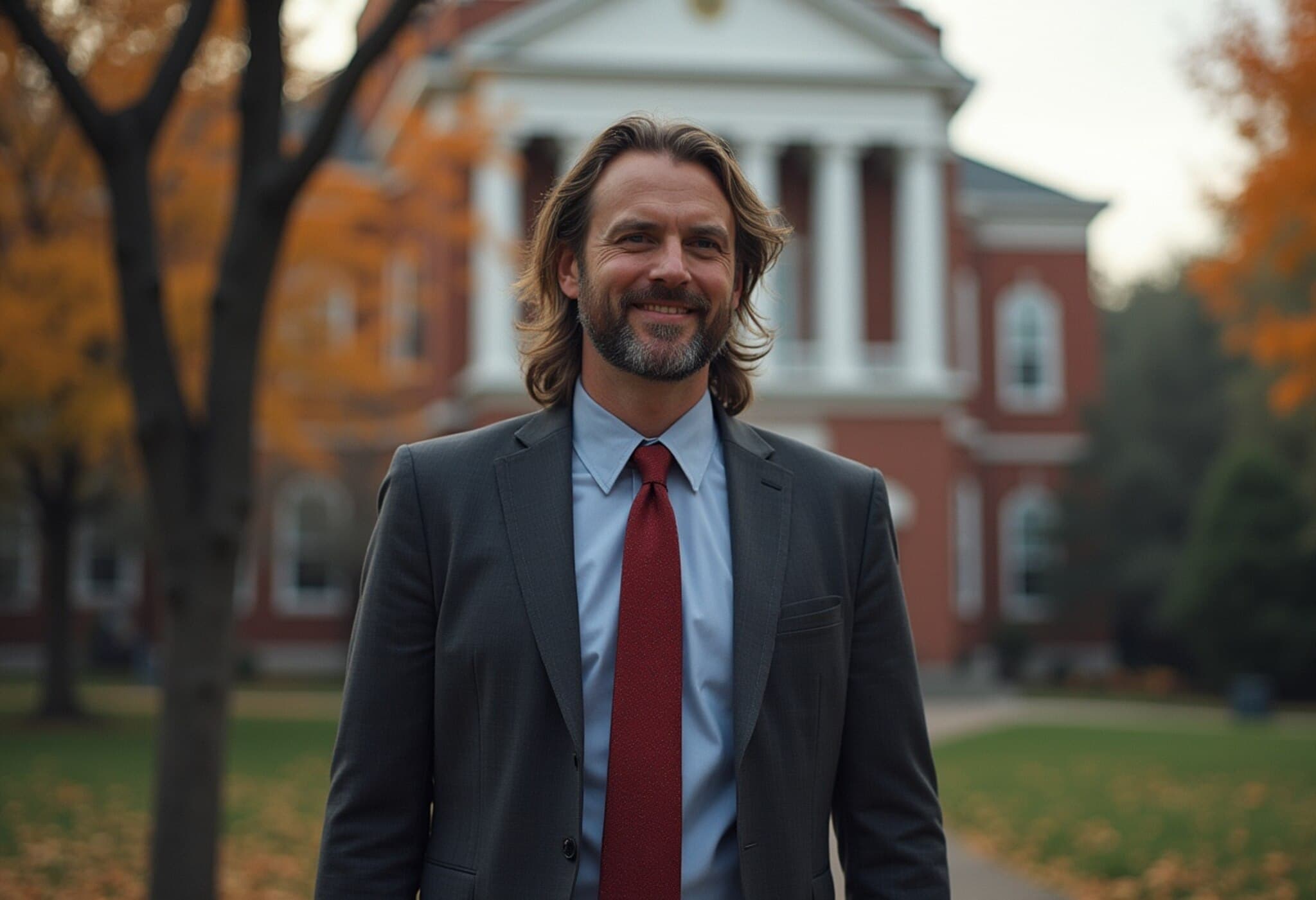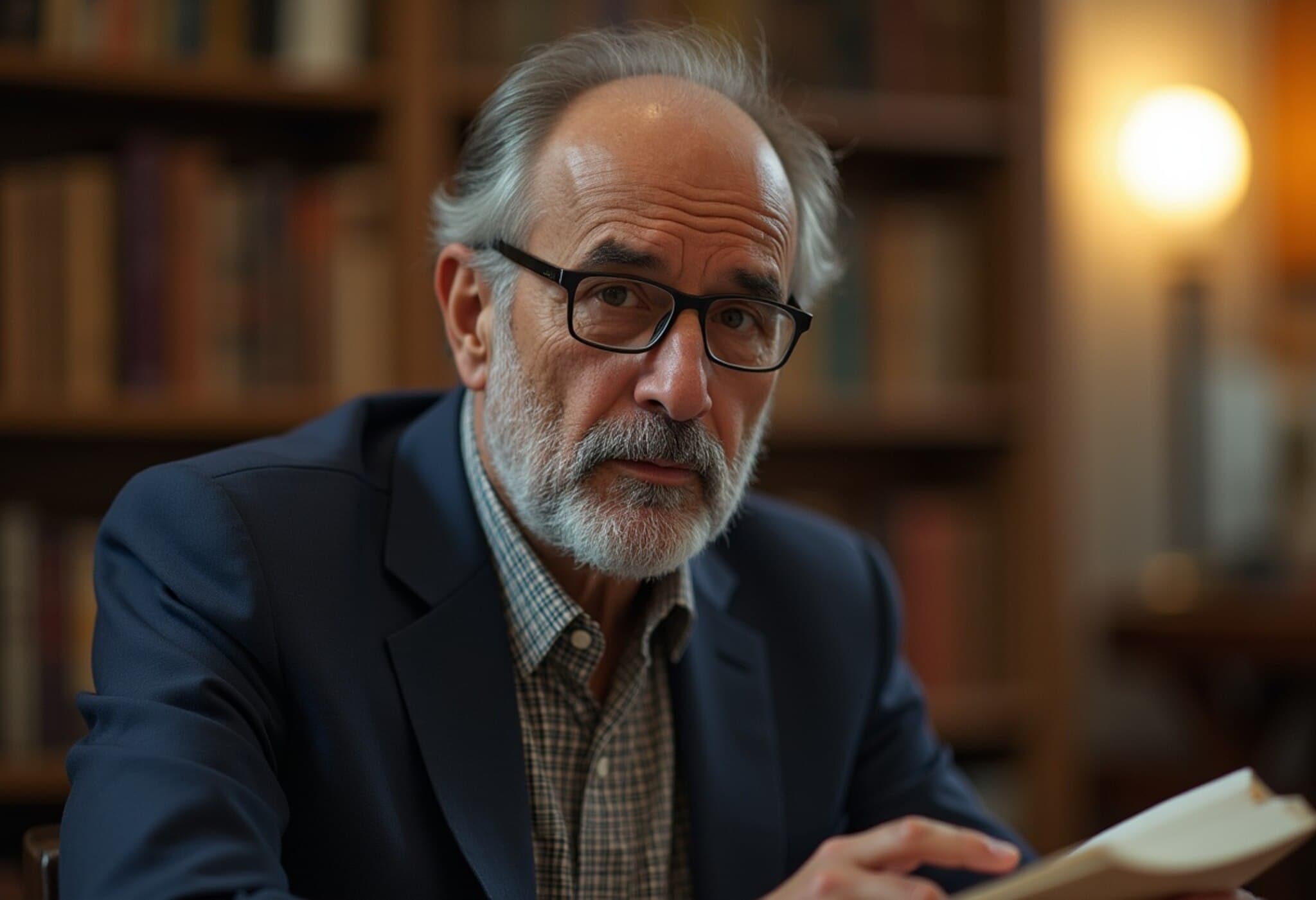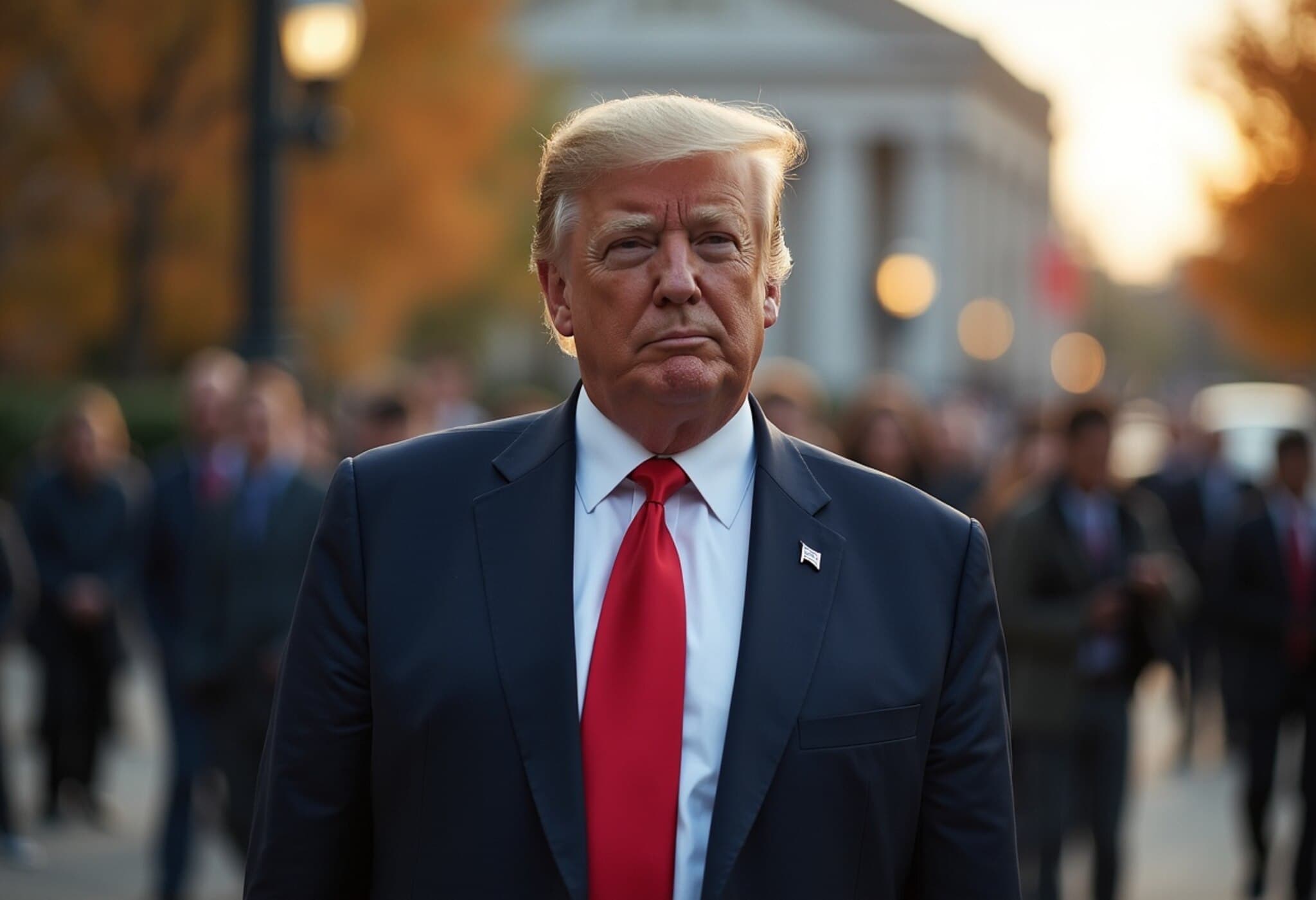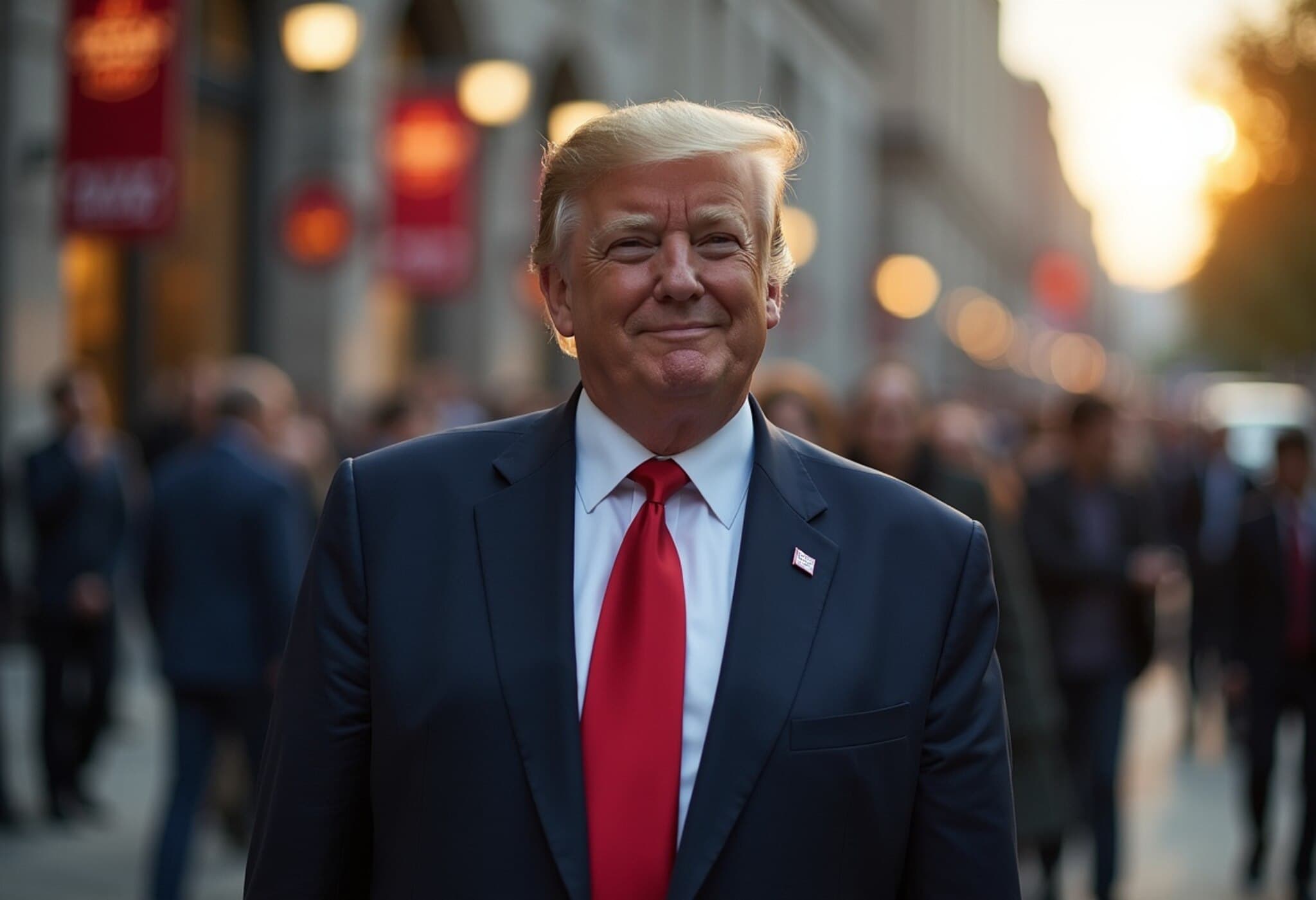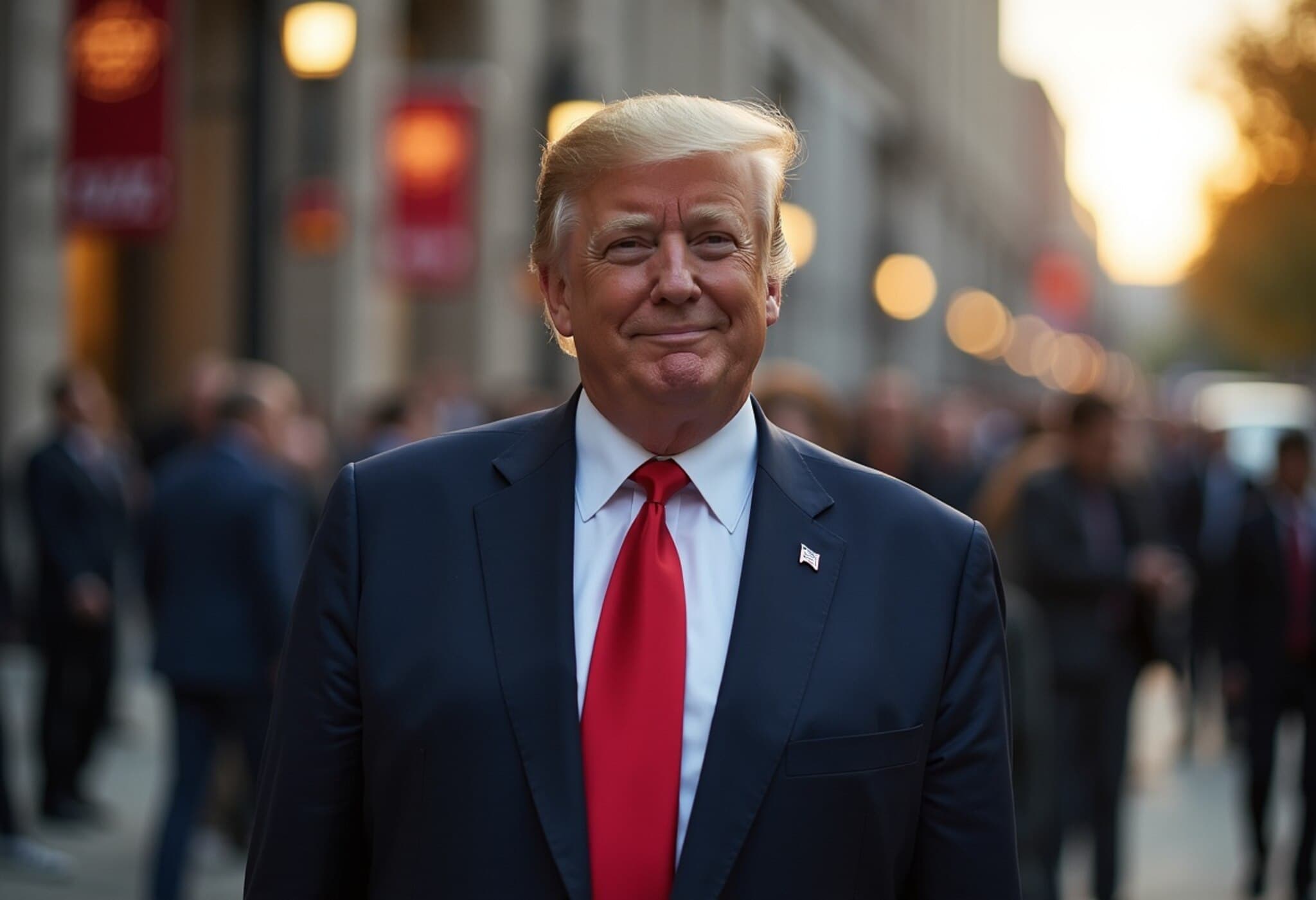Trump Administration Intensifies Pressure on Harvard Over Alleged Campus Harassment
In a dramatic escalation of its stance against elite American universities, the Trump administration has taken a firm step towards potentially stripping Harvard University of its accreditation. This comes amid allegations that Harvard has inadequately addressed foreign student program violations and failed to protect Jewish students from harassment on campus.
Federal Agencies Signal Serious Consequences
On July 8, 2025, the U.S. Departments of Education and Health and Human Services jointly announced they had formally notified Harvard's accrediting body about possible breaches of federal law, focusing particularly on the university's responsibility to investigate and mitigate antisemitic harassment.
- Loss of accreditation would jeopardize Harvard students’ eligibility for federal financial aid, striking at the core of the institution's academic and financial credibility.
- The Department of Homeland Security (DHS) has issued administrative subpoenas related to Harvard’s student visitor and exchange program, accusing the university of withholding pertinent information.
DHS's message on X (formerly Twitter) expressed frustration, stating, "We tried to do things the easy way with Harvard. Now, through their refusal to cooperate, we have to do things the hard way." The department vowed, "If Harvard won’t defend the interests of its students, then we will."
Context: A Pattern of Aggressive Oversight
This move aligns with a broader pattern under the Trump administration targeting higher education institutions deemed to foster left-leaning ideologies and criticized for not adequately protecting certain student populations. Harvard and other Ivy League schools have been singled out multiple times for their campus climates amidst rising concerns over ideological polarization and student safety, especially relating to antisemitic incidents.
However, these actions raise critical questions about federal oversight of academic freedom, the complex responsibilities universities bear in addressing hate crimes, and the legal frameworks surrounding accreditation and federal funding.
What’s at Stake for Harvard and the Academic Community
- Accreditation is far more than a ceremonial status; it affects funding, reputation, and the validation of degrees on a global scale.
- Harvard's response remains notably subdued, adding to speculation about the legal and political intricacies involved.
- The potential ripples extend beyond Harvard—other institutions may also face heightened scrutiny and political pressure.
As American universities increasingly find themselves at the intersection of political battles, student advocacy, and federal oversight, the implications of this confrontation underline broader concerns about the future of academic independence and campus inclusivity.
Expert Insight: Navigating Campus Safety and Federal Oversight
From a policy perspective, universities face the daunting task of balancing free expression with the imperative to protect vulnerable student groups. Experts note that while federal intervention aims to safeguard rights, an overly punitive approach risks undermining institutional autonomy and could discourage transparent reporting of campus issues.
Furthermore, this clash invites reflection on how educational institutions can better foster inclusive environments without becoming pawns in political power struggles. Dedicated funding for anti-harassment programs and clearer federal guidelines might form part of the solution—ensuring that universities neither ignore bias incidents nor fall prey to politicized overreach.
Looking Ahead
The unfolding situation calls for close attention from students, educators, policymakers, and the public at large. As Harvard navigates this challenge, the broader U.S. higher education system must grapple with questions about governance, inclusion, and the role federal agencies should play on campus.
Editor’s Note:
The Trump administration’s move against Harvard spotlights the fragile balance between government oversight and university independence. While protecting students from harassment is undeniably essential, the threat of losing accreditation raises the stakes remarkably. Readers should consider: How can universities uphold safety and free speech without becoming entangled in political confrontations? And what safeguards should exist to ensure federal actions promote justice rather than partisan agendas?

